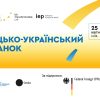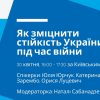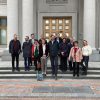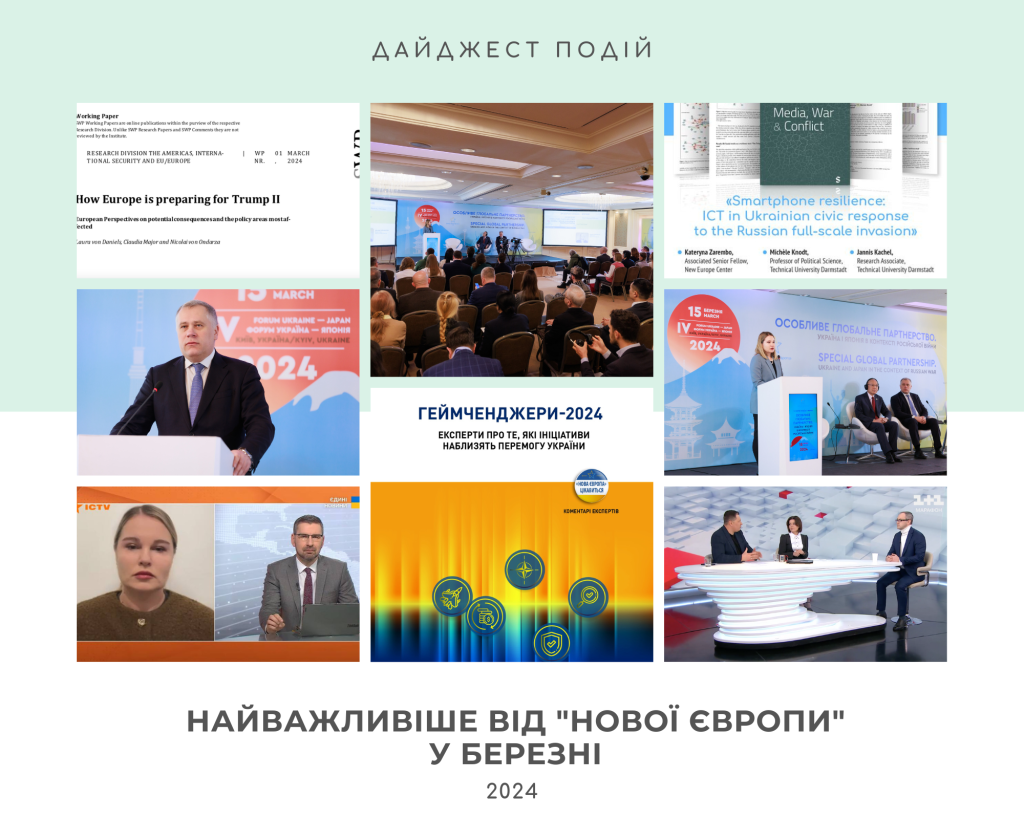We bring to your attention the key messages of the speakers from the Session 4 of the 1st Accession Exchange Forum “Russian war against Ukraine: implications for the EU accession process”.
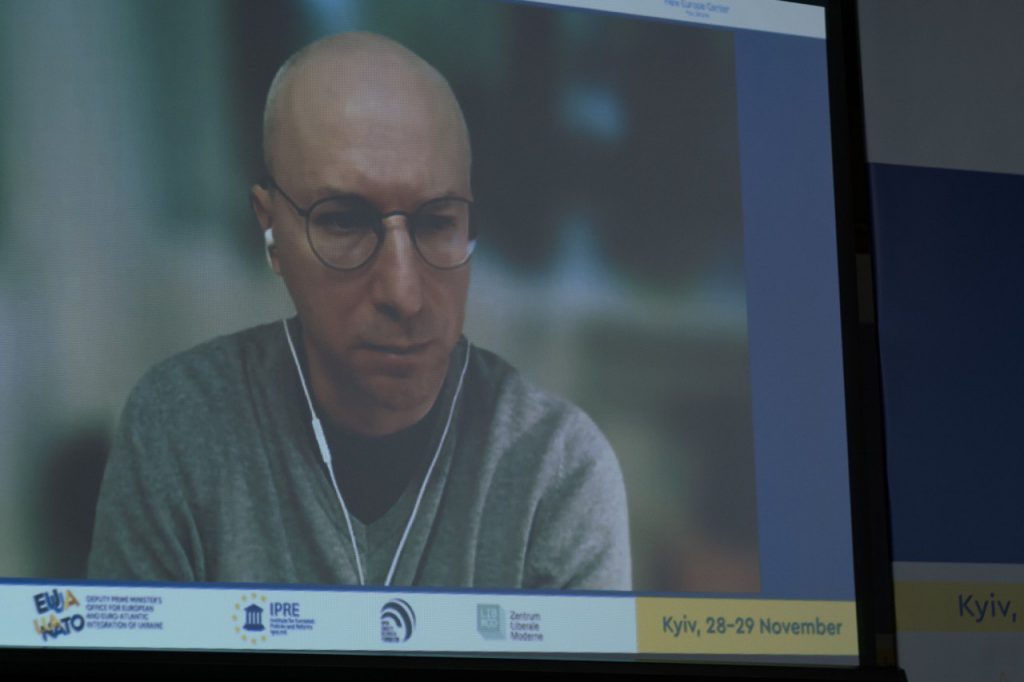
Stanislav Secrieru, Senior Analyst at European Union Institute for Security Studies (EUISS):
- The war removed the taboo of discussing enlargement to the East. Before the war, there was no such discussion, and it was a sort of a pie dream. Also, the war compelled associated countries to move faster. We expect associated countries to use this momentum and maybe even have the progress of implementation of conditionalities in spring.
- The war also made the EU think about the enlargement not only as a technical process that prepares these countries but also as a security tool that provides sustainable insurance for the long-term security of the EU. This accession will go hand in hand with much closer cooperation in security.
- Now Ukraine has to do three things: defend itself, keep the state’s functionality, provide basic services and conduct reforms.
- The EU has to provide more human resources assistance to these countries and also to help them to build the capacities to be able to defend implemented reforms.
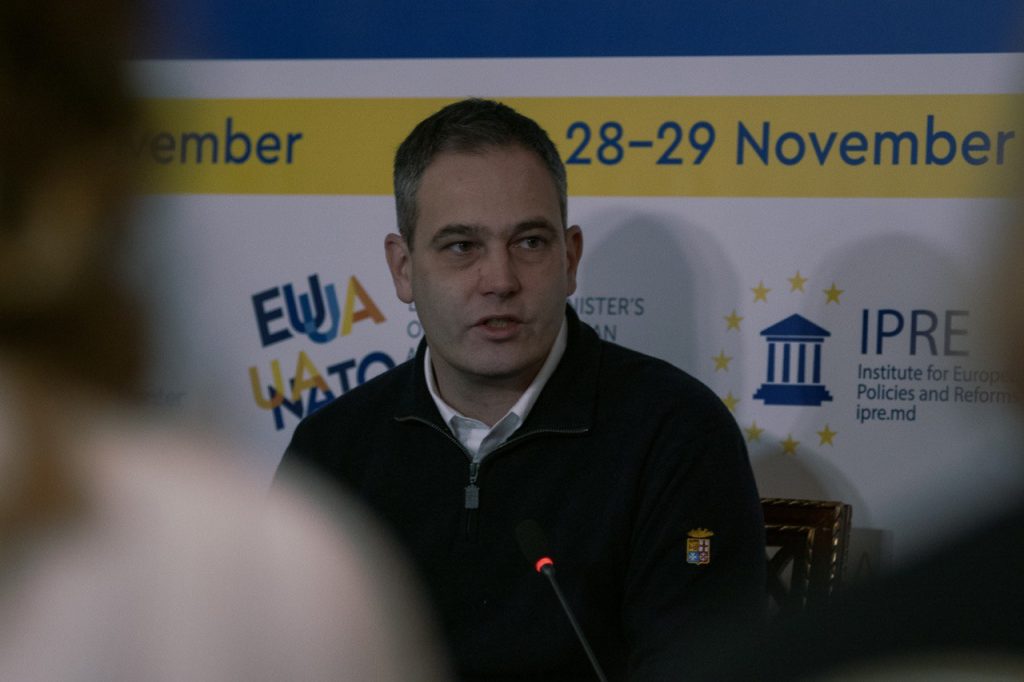
Gustav Gressel, Senior Policy Fellow with the Wider Europe Programme at the European Council on Foreign Relations (ECFR), Germany:
- The war clearly showed that all the narratives about Ukraine as a failed state are nonsense. When people saw how Ukrainian mayors reacted to the damage, how much regional administrations were part of the relief effort, nobody could say it was not a functional government. It is a functional one! That changed a lot of attitudes in Europe toward Ukraine.
- Ukraine needs security and for that, it needs a victory or undeniable defeat for Moscow. This is what we can`t substitute by money or promises. We have to achieve this now by the delivery of arms.
- Every tank delivered to Ukraine is a huge good investment in the long run. It is much cheaper to pay for an expensive tank now than for much more expensive sustainability aid in the future.
- EU Macro-Financial Assistance 18 bln euros is a huge sum but if you consider that the war effort costs Ukraine between 30-40 mln euros a day, you will understand that it is not so much. If you multiply 30-40 mln euros by 365 days, you end up with a shortage of 15 bln euros Ukraine will have to spend next year just to sustain the war.
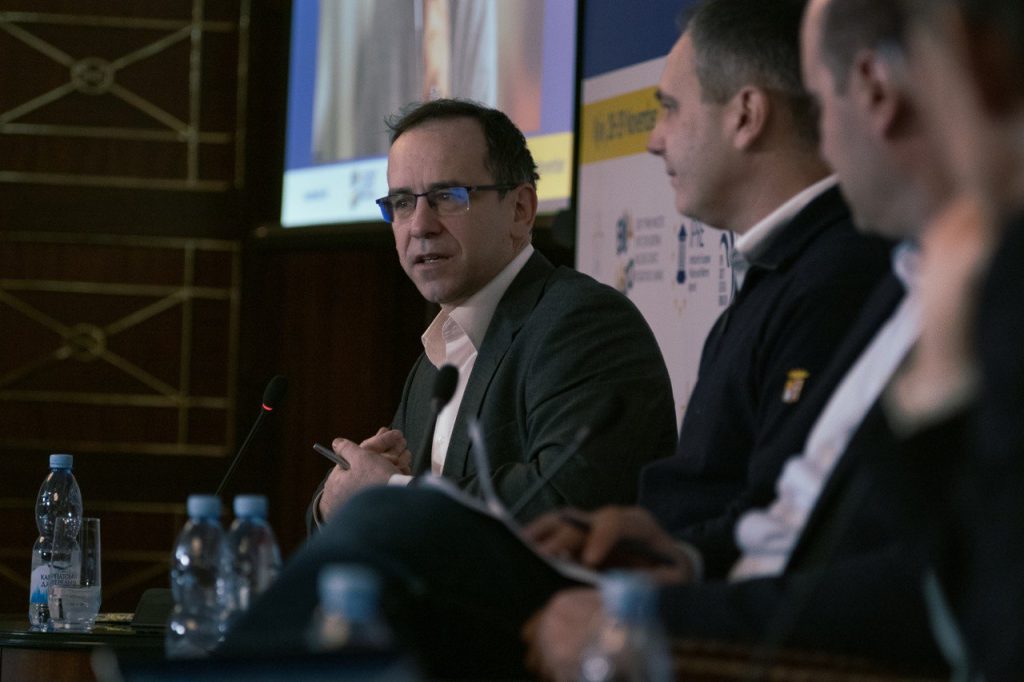
David Stulik, Senior Analyst and Head of the Eastern European Programme at the European Values Center for Security Policy, the Czech Republic:
- There can’t be any new security structure in Central Europe that would not contain and would not include Ukraine. For us, Ukraine is part of our future security. Without Ukraine and the Ukrainian army, we don’t even see the future. Any future regional institutional setup is now unthinkable without Ukraine.
- We`re now rather looking for the formation of a coalition of the willing rather than counting on a uniform EU or NATO response. So it’s kind of an attempt to bring the countries who want to support Ukraine.
- I think that here we have sort of a mismatch in approaches and expectations on the side of the EU and Ukraine. The EU is very much following this conventional thinking, it’s not ready and willing to think out of the box about these creative solutions. The EU offers only evolution, while Ukraine needs a revolution in this enlargement process.
- In the reform of the EU, the main task will be how to change the decision-making process to qualitative majority voting.
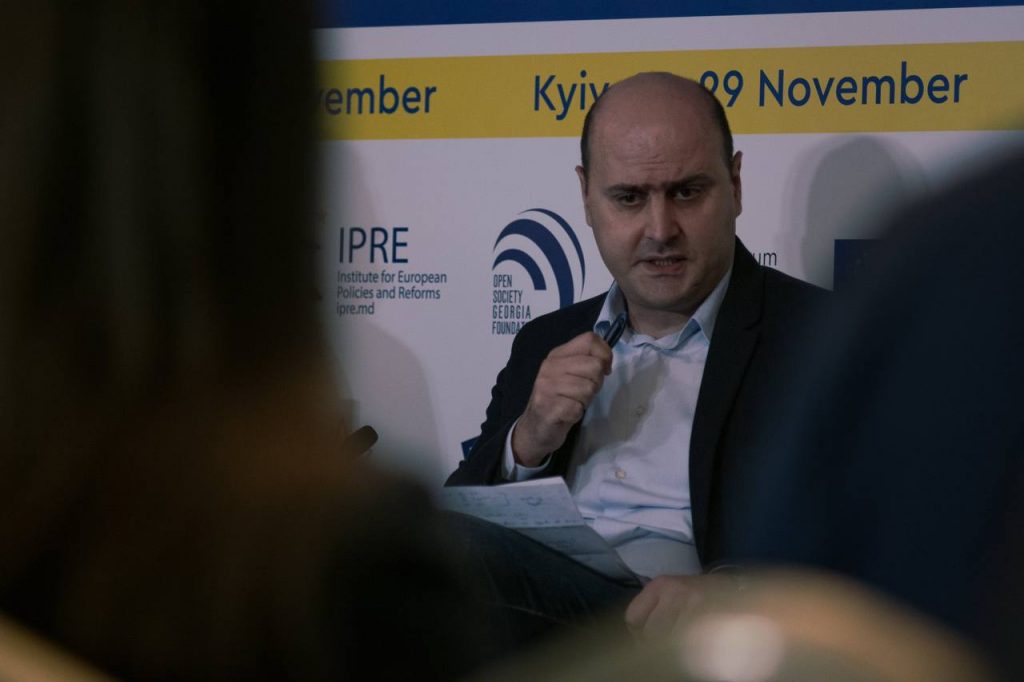
Vano Сhkhikvadze, EU Integration Program Manager at Open Society Foundation Georgia (OSGF):
- Now Georgia must do three things: first, implement these 12 EU conditions, second, regain the trust among European and Western partners and thirdly, repair the ties with Ukraine. That is something that really can help the EU integration process.
- Three key things about Georgia: despite all misunderstandings, there is absolute support for Ukraine and its soldiers from our civil society. Second, the fight for the freedom of Moldova, Georgia, and Ukraine must be appreciated and seen properly. And last, Ukraine must win the war, and Russia must badly defeat. Supporting Georgia means you should support Ukraine.
- There are no shortcuts when it comes to EU integration, but we saw that EU conditions are very broad and leave huge room for interpretation by political forces.
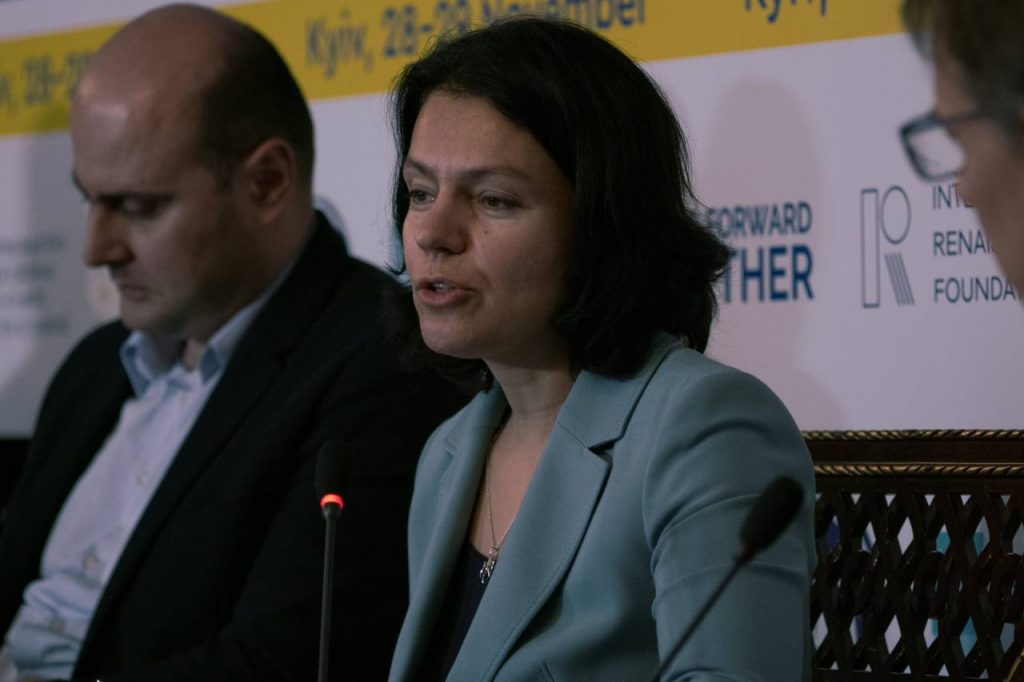
Iryna Solonenko, Senior Fellow at Centre for Liberal Modernity, Germany:
- I don’t see an opportunity of reforming the enlargement process to make such a possibility, like when we’re closing some chapters and then integrating. But I see an opportunity to have two parallel processes: apart from doing accession negotiations, we should integrate into the EU common market. For that, we should extend in the Association agreement the possibility of integration in more sectors. Also, Ukraine can participate in different configurations of the council of the EU to understand the discourse.
- Ukraine almost completed decentralization reform before the full-scale war started. We should strengthen the focus on a local level and capacity for communities with resources. I think it’s an opportunity to reach out to partners of the West to say what they need to help with deliveries. And it’s also an opportunity for the EU to build partnerships with Ukrainian cities.
- I see that Ukrainian civil society shies away from criticizing the reform process because of war. If we keep it on a constructive level, not politicizing it, we still have to talk about problems we have, for example, with media law and other reforms.
Video recording of the Forum is available here: 1st day and 2nd day.
The Accession Exchange Forum is organized by the New Europe Center in partnership with the Office of the Deputy Prime Minister of European and Euro-Atlantic Integration of Ukraine, the International Renaissance Foundation, the Institute for European Policies and Reforms and the Soros Foundation in Georgia. The Accession Exchange Forum is taking place with EU support, within the EU-funded EU4USociety project implemented by the International Renaissance Foundation.



